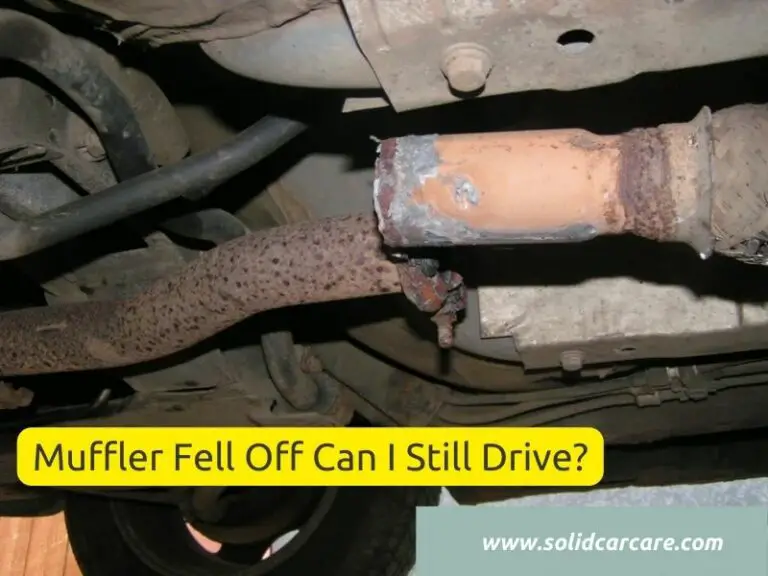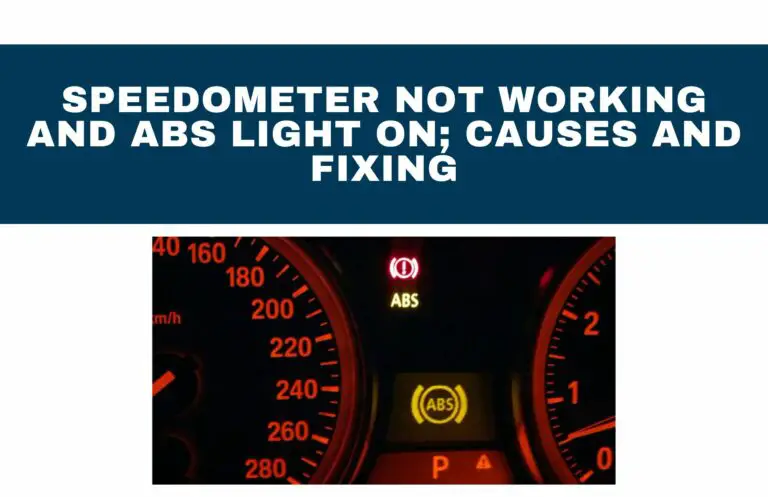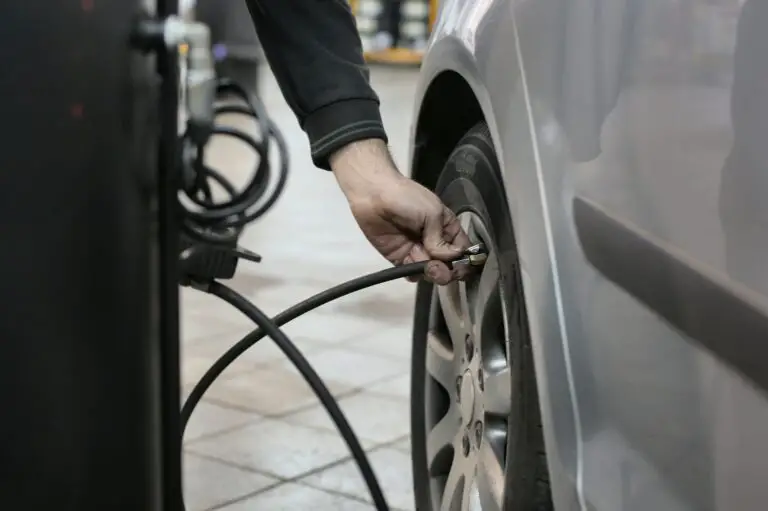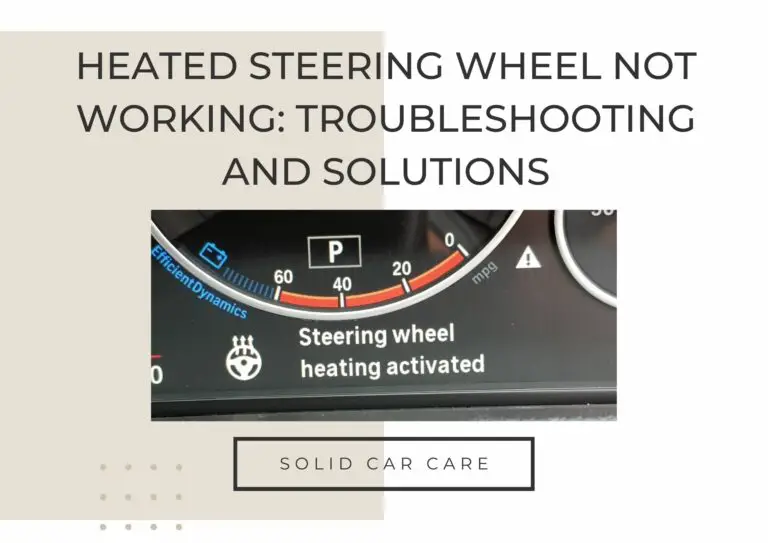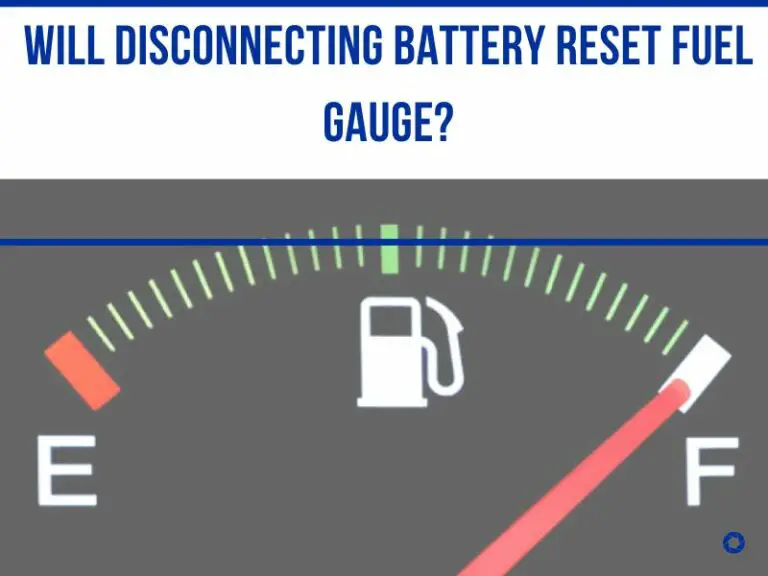Tackling the Challenge of Starting Your Car After It Has Been Sitting Overnight

Imagine waking up in the morning, ready to embark on your day’s journey, only to find your car reluctant to come to life. The frustration is palpable, and you wonder what could cause this unexpected obstacle.
In this article, we will explore the common reasons behind trouble starting a car after it has been sitting overnight and discuss practical solutions to address these issues.
Table of Contents
Why is my car hard to start after sitting overnight?
Insufficient Battery Power

One of the primary culprits for a car’s refusal to start is an insufficient battery. Your car’s battery is its life force, providing the electrical energy needed to start the engine. However, several factors can contribute to battery drainage, leading to a weakened power source when you attempt to start the car in the morning.
Aging batteries are prone to losing their ability to hold a charge, making it more challenging to start the engine. Additionally, extreme temperatures, whether excessively hot or freezing cold, can further diminish the battery’s performance.
Furthermore, leaving electronic devices, such as phone chargers or GPS units, plugged in overnight can slowly drain the battery.
Diagnosing a weak battery
To diagnose a weak battery, you can test its voltage using a multimeter. If the voltage is significantly low, replacing the battery with a new one may be time to ensure a reliable power source for your car’s ignition.
Fuel System Issues
Another common cause of starting trouble after your car has been sitting overnight lies within the fuel system. Fuel evaporation is a natural occurrence, and it can lead to difficulties in starting the engine. When the vehicle sits idle for an extended period, the fuel in the system may vaporize, resulting in an insufficient fuel supply to initiate combustion.
Additionally, a faulty fuel pump can hinder the proper delivery of fuel to the engine. Over time, fuel pumps can wear out or become clogged, impeding their functionality and causing starting issues. Furthermore, contaminated fuel, such as dirt or water, can disrupt combustion, leading to engine inefficiency.
Diagnosing fuel system problems
To address fuel system problems, it is essential to check the fuel system components regularly. Inspecting fuel lines, filters, and the fuel pump for any signs of damage or clogging can help identify potential issues. Moreover, ensuring the use of high-quality fuel and keeping the fuel tank above a quarter full can minimize the risk of starting troubles.
Ignition System Problems
The ignition system plays a vital role in starting your car’s engine, and any malfunctions can prevent it from firing up. Faulty spark plugs, for instance, can fail to produce the necessary spark to ignite the fuel-air mixture in the combustion chamber. Similarly, a worn-out ignition coil may not generate enough voltage to create the required spark.
Moreover, issues with the ignition switch can impede the flow of electrical current to the ignition system, preventing the engine from starting. Over time, the ignition switch can wear out or accumulate debris, hindering its functionality and causing frustrating morning starting problems.
Diagnosing ignition system problems
Addressing ignition system problems involves identifying the specific faulty component and taking appropriate action. Replacing worn-out spark plugs or ignition coils can restore the ignition system’s performance, while cleaning or replacing a malfunctioning ignition switch can alleviate starting difficulties.
Engine Mechanical Issues
Various mechanical problems within the engine can contribute to starting troubles, even after a short period of inactivity. For instance, a clogged or dirty air filter can limit the airflow to the engine, resulting in an inadequate fuel-air mixture for combustion. Similarly, low engine compression caused by worn-out piston rings or valves can impede the engine’s ability to start smoothly.
Timing belt or chain issues can also disrupt the engine’s synchronization, preventing proper combustion. If any of these mechanical issues are suspected, seeking professional diagnosis and repair is advisable. Skilled technicians can assess the engine’s condition and perform the necessary maintenance or replacements to restore optimal starting performance.
Moisture and Condensation
Moisture can be a silent adversary, particularly when it comes to starting your car after it has been sitting overnight. Moisture in the engine compartment can interfere with electrical connections, leading to starting difficulties. Additionally, excessive condensation on critical engine components can impede their aproper functioning.
Preventing moisture-related starting issues
Preventing moisture-related starting issues involves taking proactive measures. Parish your vehicle indoors or cover it to shield it from excessive moisture exposure. Additionally, using moisture absorbers within the car, such as desiccant bags, can help reduce humidity levels and protect sensitive electrical components.
How to fix a hard starting car?
When faced with a hard starting car, there are several potential causes and corresponding solutions that can help you resolve the issue. Here are some common explanations and their respective fixes:
- Weak Battery
- Fix: Recharge or replace the battery as needed. Ensure the battery connections are clean and tight.
- Fuel Delivery Issues
- Fix: Check the fuel pump, fuel filter, and fuel lines for any obstructions or damage. Replace faulty components if necessary.
- Ignition System Problems
- Fix: Inspect the spark plugs, ignition coils, and ignition wires for signs of wear or damage. Replace any faulty parts.
- Malfunctioning Starter Motor
- Fix: Test the starter motor and replace it if it is malfunctioning. Ensure the starter motor connections are secure.
- Engine Sensors or Computer Issues
- Fix: Use a diagnostic scanner to check for any error codes. Address and repair any sensor or ECU-related problems.
- Faulty Fuel Injectors
- Fix: Clean or replace the fuel injectors to ensure proper fuel atomization and delivery.
It’s important to note that diagnosing and fixing a hard starting car can vary depending on the specific make and model. If you are unsure or unable to identify the underlying cause, it is recommended to consult a qualified mechanic or automotive professional for further assistance.
Car Only Starts After Sitting For A While? 05 Reasons you should know!
SOLIDCARCARE.COM
Conclusion
Dealing with a car that refuses to start in the morning can be a frustrating experience. However, by understanding the common reasons behind trouble starting a car after it has been sitting overnight, you can take the necessary steps to prevent or address these issues. Regular maintenance, such as battery checks, fuel system inspections, and proactive measures to reduce moisture and condensation, can significantly minimize starting troubles.
Remember, seeking professional assistance is always recommended if the problems persist or seem beyond your expertise. With proper care and attention, you can ensure a smooth and reliable start to your daily journeys.
Some related FAQs
Why is my car hard to start in cold weather?
Cold weather can affect the battery’s performance and make the engine oil thicker, making it harder for the engine to turn over. It could also indicate a problem with the fuel delivery system, such as a clogged fuel filter or a malfunctioning fuel pump.
Can a bad starter cause a hard starting?
Yes, a faulty starter motor can make it difficult for the engine to crank and start. If you hear a clicking sound when turning the key, it could indicate a problem with the starter motor.
What should I do if my car is cranking but not starting?
If the engine cranks but doesn’t start, check the ignition system components such as spark plugs, ignition coils, and ignition wires. Also, inspect the fuel system for any issues, such as a clogged fuel filter or a weak fuel pump.
Why does my car start fine sometimes but struggle to start at other times?
Inconsistent starting could be due to intermittent issues with the battery, such as a loose connection or a dying battery. There may also be intermittent problems with the fuel delivery system or the ignition system.

